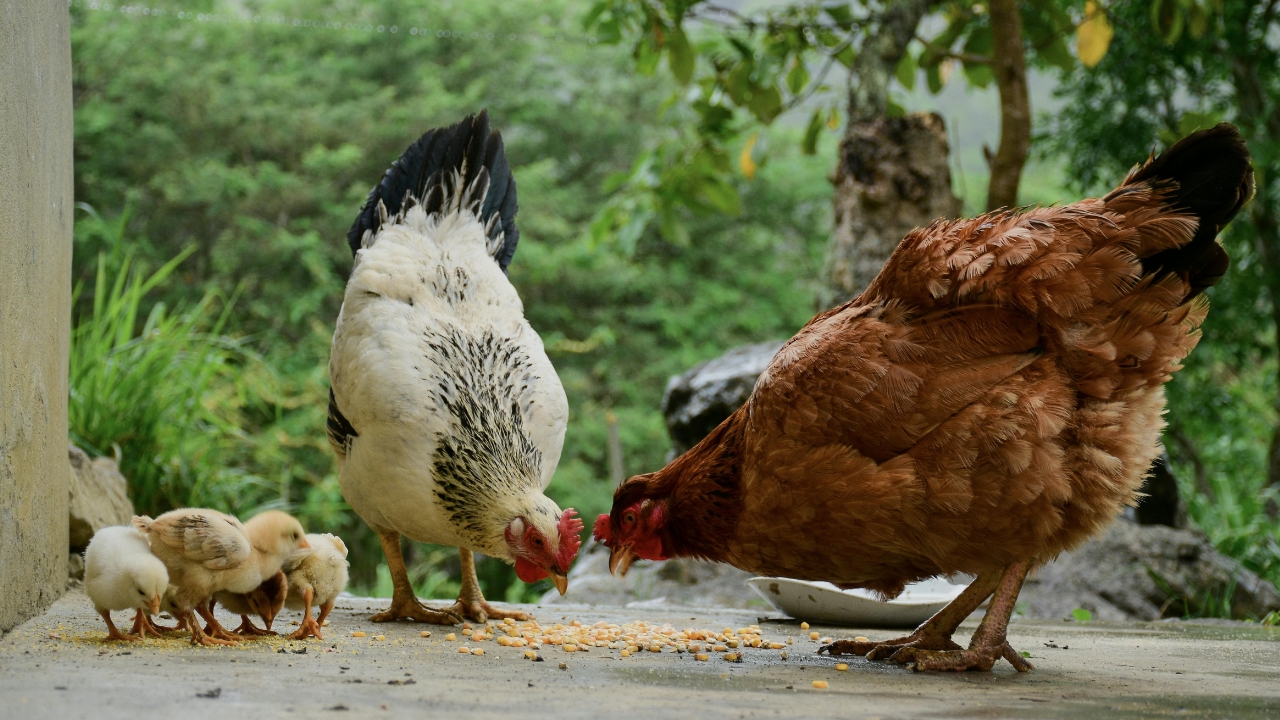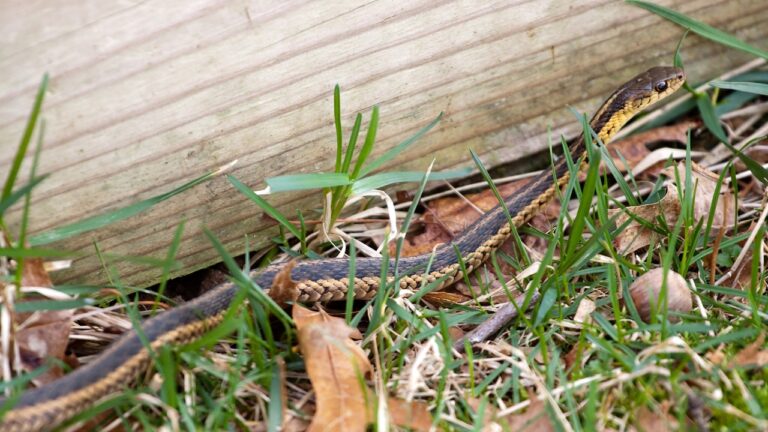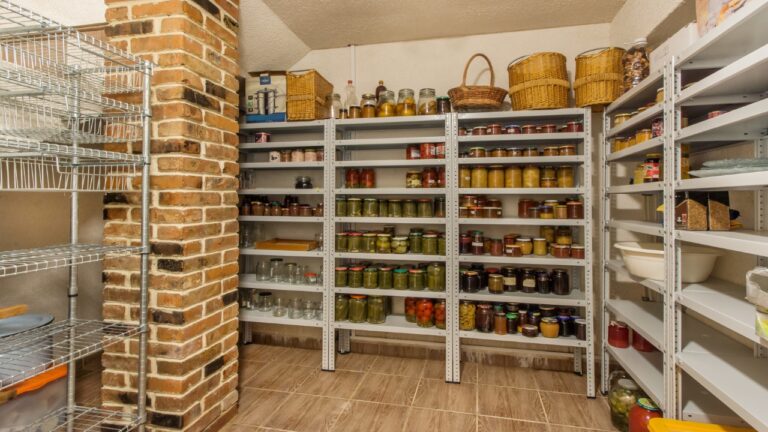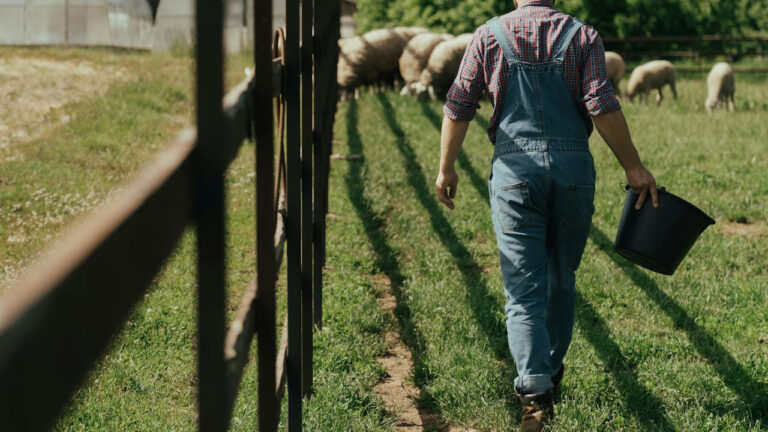9 Things You Should Never Feed Laying Hens
When you’re raising laying hens, what you feed them directly affects their health, egg production, and even the safety of the eggs you collect. While chickens love to forage and eat scraps, some foods can cause major problems—either by interfering with digestion, impacting their laying cycle, or even making them sick.
If you want strong, healthy birds and clean, safe eggs, here’s what you need to keep out of the coop.
Avocado (Especially the Pit and Skin)
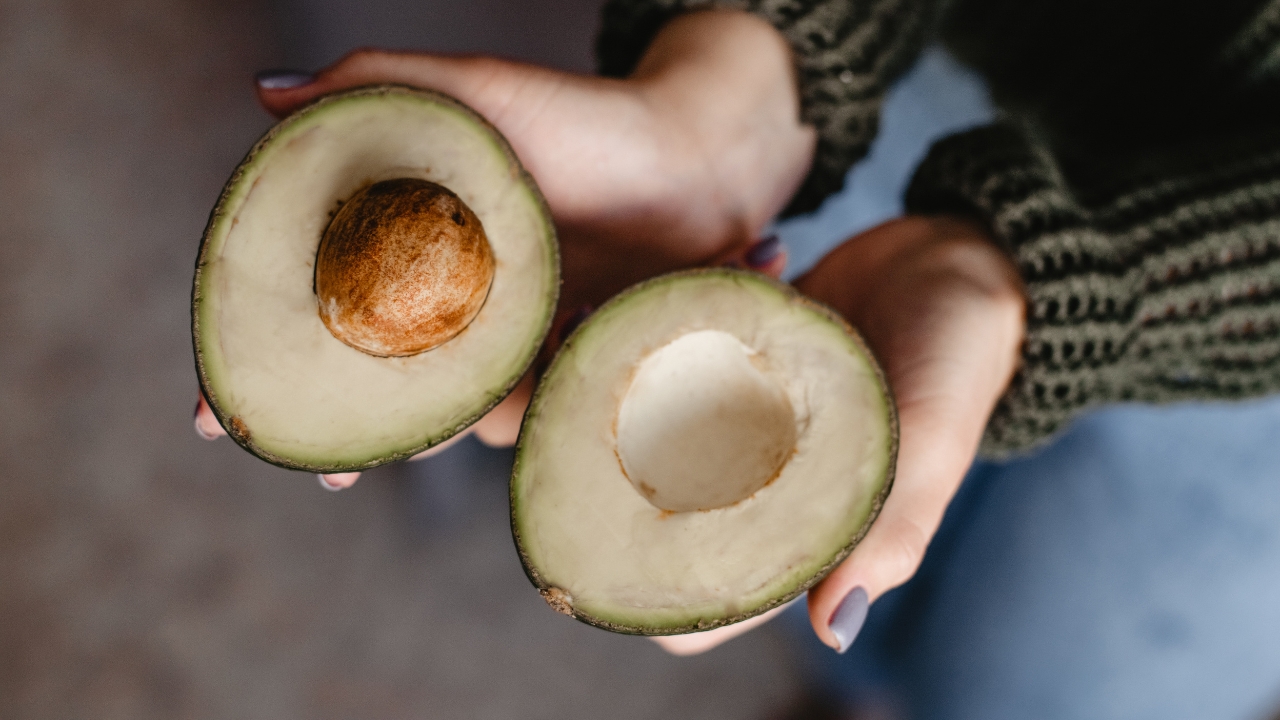
Avocados contain a compound called persin, which is toxic to chickens—especially in the pit and skin. Even small amounts can lead to respiratory issues, weakness, or worse. While the flesh is less risky, it’s still not worth the gamble.
If you’ve got leftover guacamole or scraps from prepping an avocado, toss them in the trash or compost pile—not the run. There are plenty of better scraps your girls can enjoy without the risk.
Raw or Dried Beans
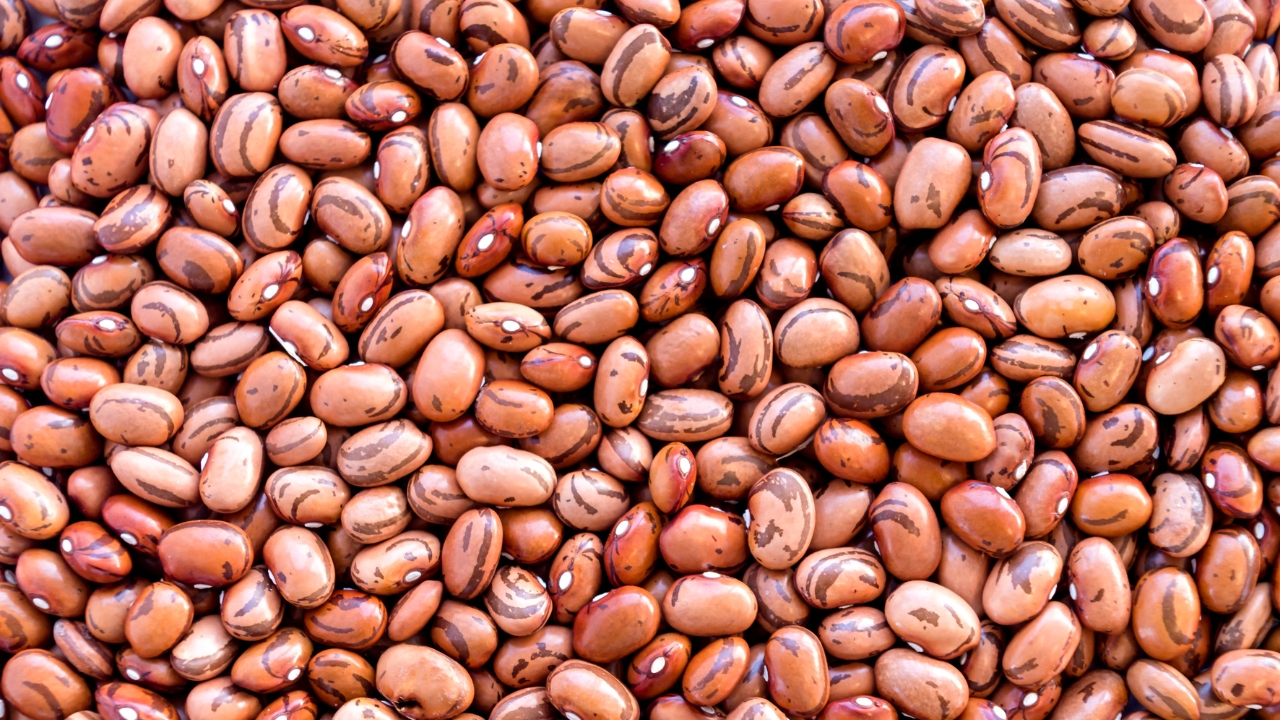
Uncooked beans contain lectins, especially phytohaemagglutinin, which is extremely toxic to poultry. It can cause sudden illness or even death. Even just a few raw kidney beans can be dangerous.
If you’re going to give beans to your chickens, make sure they’re fully cooked and soft. Soaking and boiling breaks down the toxins, making them safe. But dried or undercooked beans? Keep them far away from your flock.
Chocolate
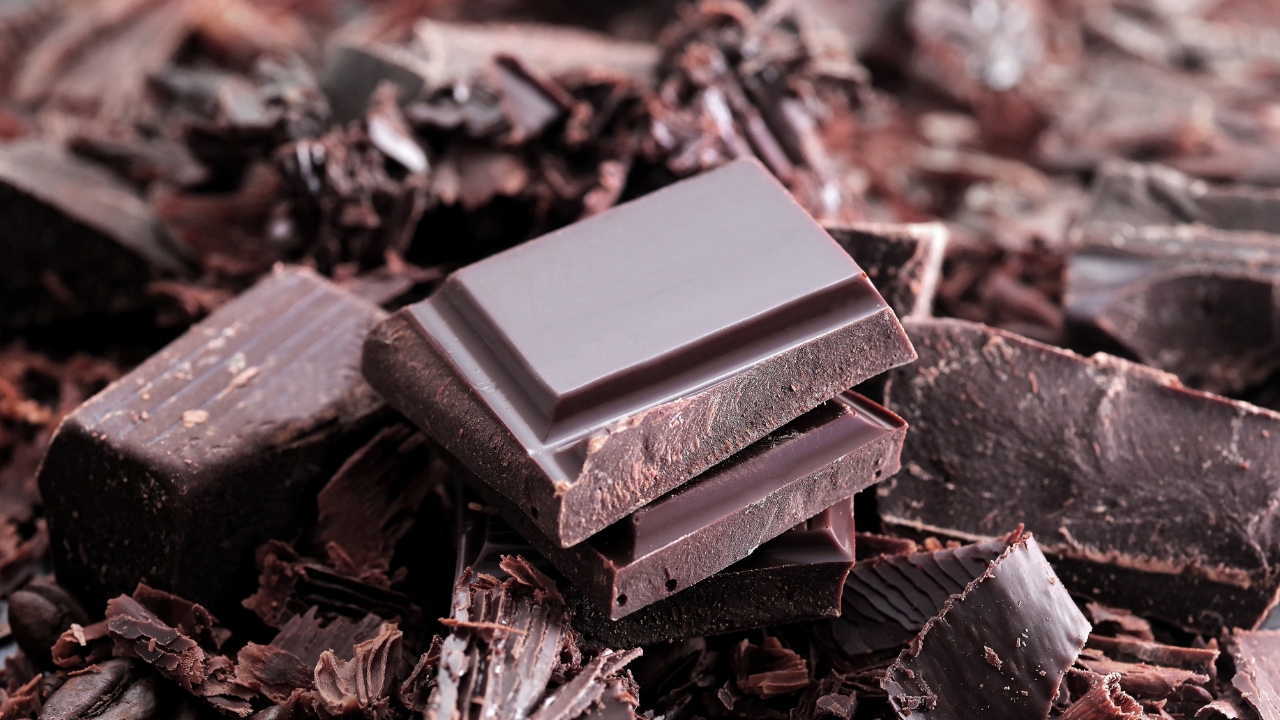
Chocolate is toxic to many animals, and chickens are no exception. It contains theobromine and caffeine, both of which can mess with their heart rate and nervous system.
Even if they seem interested in it, don’t give in. Keep baked goods and candy far away from the run, especially if you have kids who like to toss scraps without thinking twice.
Salty or Processed Foods
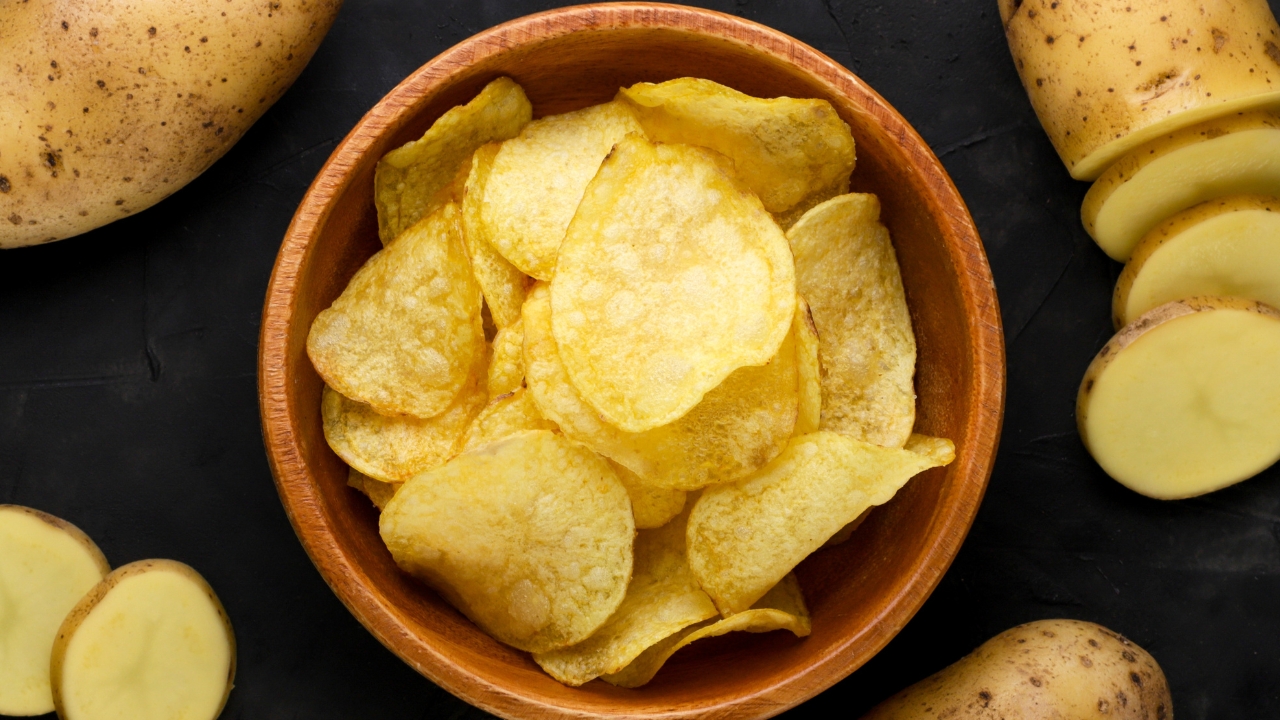
Your hens’ bodies aren’t built to handle high sodium levels. Foods like chips, deli meats, and heavily seasoned leftovers can cause dehydration, kidney issues, and lower egg production.
If it’s something you’d hesitate to eat for health reasons, it’s not a good choice for your chickens either. Keep their treats fresh, clean, and as unprocessed as possible.
Green Potato Peels
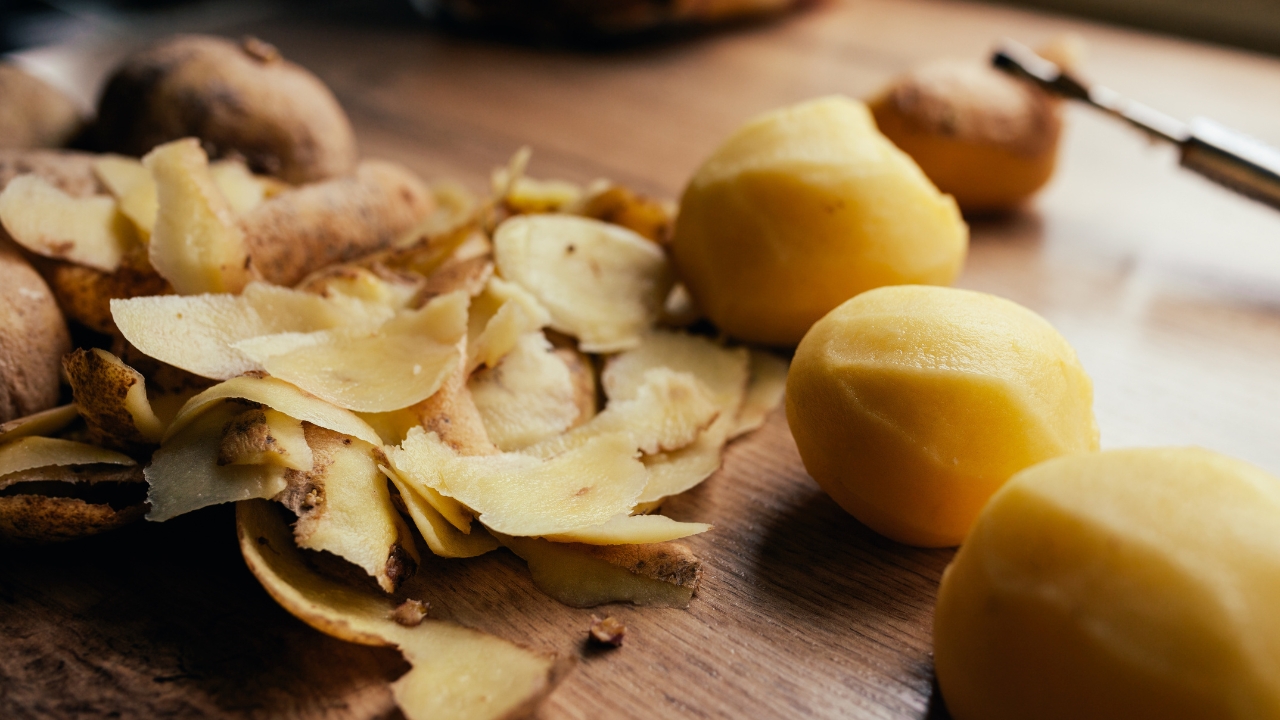
Potatoes that have turned green contain solanine, a toxic compound that can affect a chicken’s digestive and nervous systems. It’s more concentrated in the skins, especially when they’ve been exposed to light.
If your potatoes are sprouting or green-tinted, don’t feed them to your flock—raw or cooked. When in doubt, toss it out. Regular white or sweet potatoes that are properly cooked and not green are usually fine in small amounts.
Onions
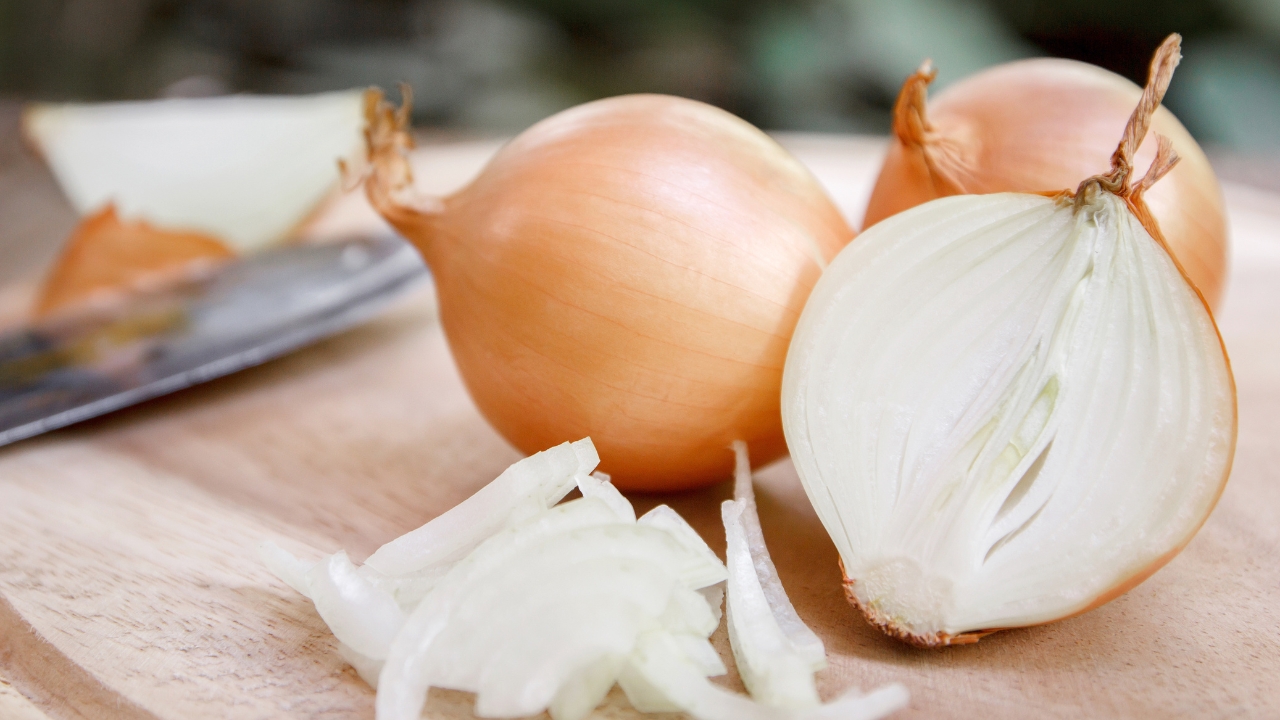
Onions might seem harmless, but they can cause anemia in chickens by destroying red blood cells when eaten in large amounts. They can also flavor the eggs in an odd way—not something most people are looking for.
A little nibble probably won’t hurt, but regularly feeding onion scraps can build up and cause health issues. Stick to vegetables that are safer and more beneficial for them.
Moldy or Rotting Food
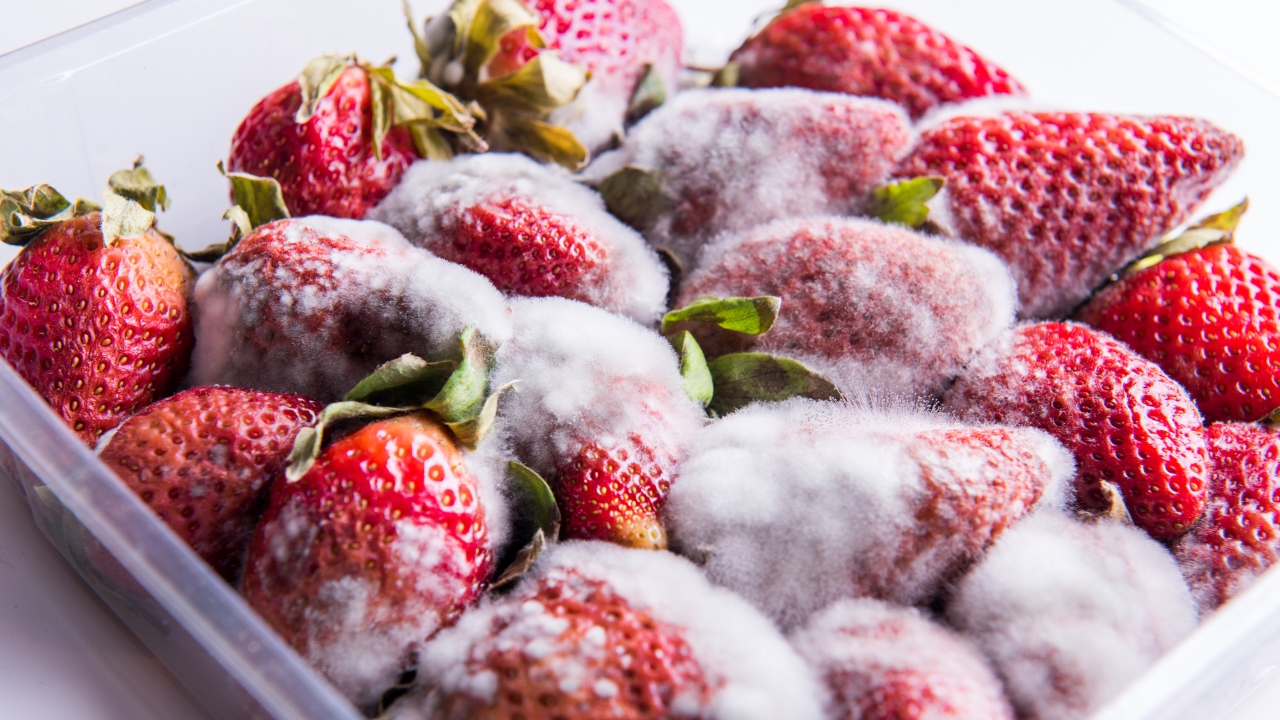
It can be tempting to toss old leftovers into the coop, but moldy or spoiled food can carry mycotoxins that seriously harm your hens. These toxins can cause everything from digestive problems to weakened immune systems and poor egg quality.
Chickens aren’t garbage disposals. If you wouldn’t eat it (or feed it to your kids), don’t feed it to them. Compost it instead and keep your girls safe.
Citrus Peels and Scraps
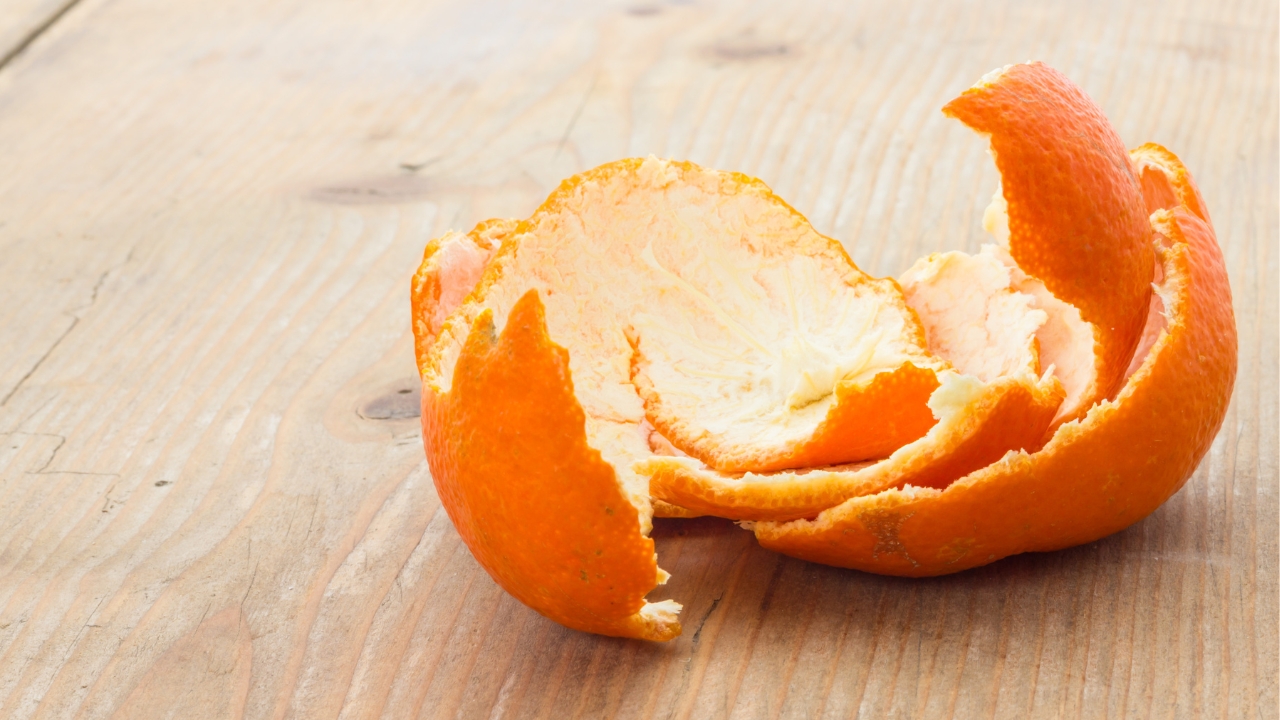
Citrus isn’t outright toxic to chickens, but it can interfere with calcium absorption if they eat too much of it. That can mean thinner shells and fewer eggs over time.
Most hens won’t go crazy over citrus anyway, but if yours are the curious type, it’s better to leave oranges, lemons, and grapefruits out of the mix. Stick to more nutrient-rich fruit and veggie scraps instead.
Junk Food
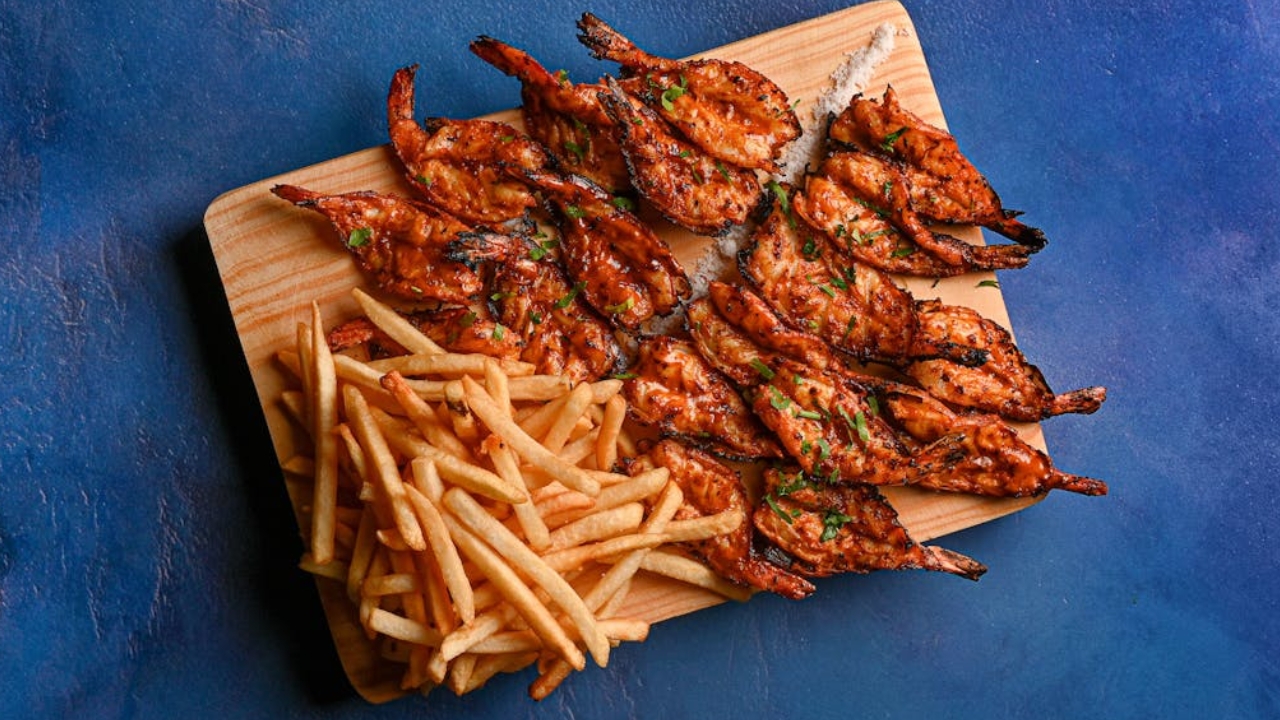
Anything high in sugar, preservatives, or fake coloring is a no-go. Cookies, cake, fast food, and other heavily processed snacks offer zero nutritional value and can throw off their digestion or egg production.
Chickens thrive on a balanced diet, and while treats are fine in moderation, they should support—not sabotage—your birds’ health. Skip the junk and give them something better.
*This article was developed with AI-powered tools and has been carefully reviewed by our editors.

